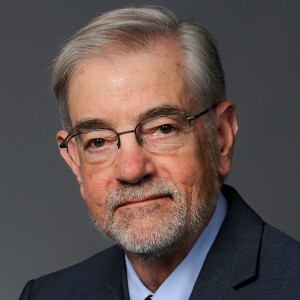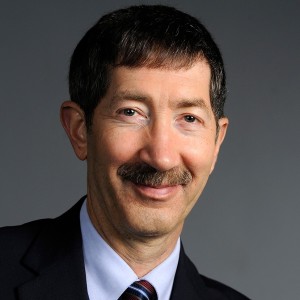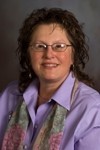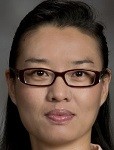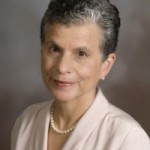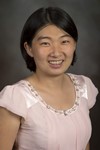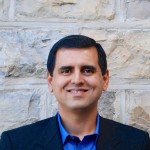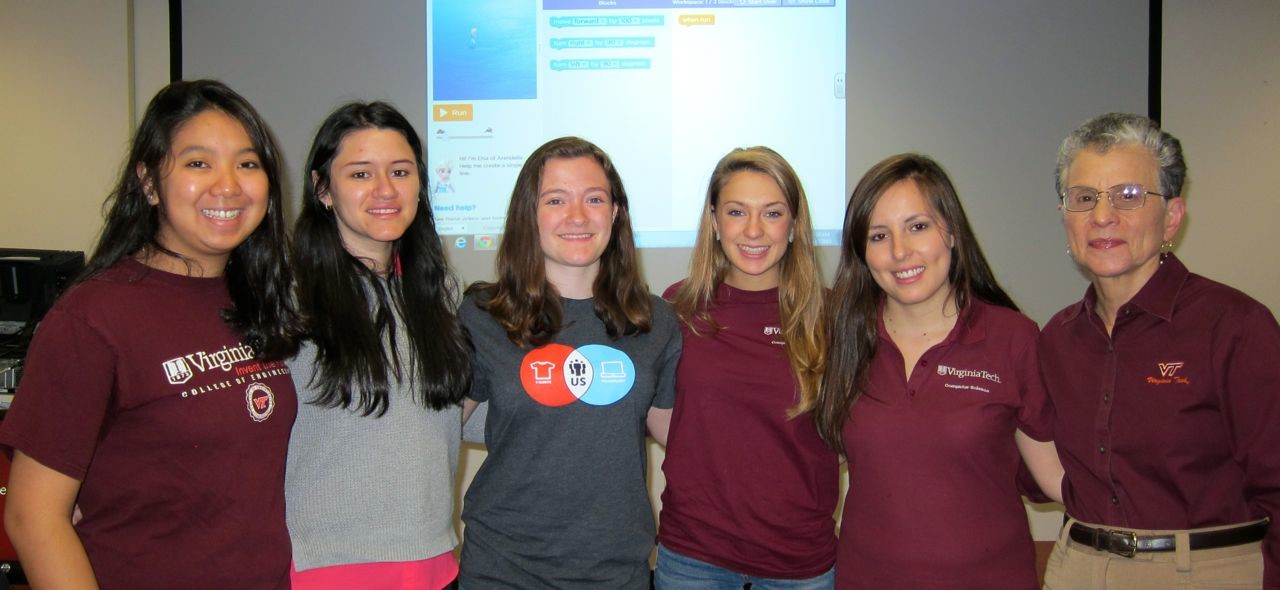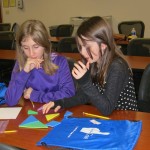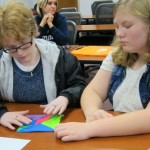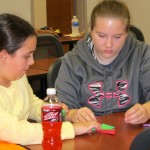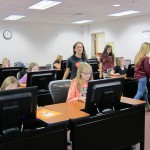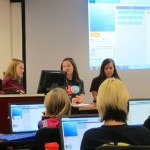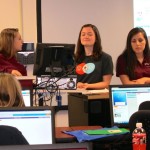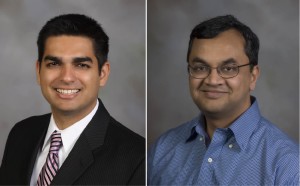Dennis Kafura, professor in the Department of Computer Science, has received the university’s 2016 XCaliber Award for an individual making extraordinary contributions to technology enriched active learning.
Established in 1996 by the Office of the Provost, the XCaliber Award is presented annually by Technology-enhanced Learning and Online Strategies to recognize individual faculty members or teams of faculty and staff who integrate technology in teaching and learning. The award celebrates innovative, student-centered approaches.
Kafura was a member of the university task force that defined learning objectives in the Pathways General Education area of Quantitative and Computational Thinking. As a result of these new objectives, he created and now teaches CS 1014, an Introduction to Computational Thinking course.
The course provides students with a perspective on the core ideas of computation and the methodology central to the practice of computing. Kafura’s teaching methodology centers around hands-on approaches and student engagement.
Students are actively engaged in setting the parameters of their data sets, posing the questions, and developing the program to answer their questions. To encourage collaboration, students are assigned cohorts of five to six students in which class participation and activities are completed.
CS 1014 is offered as an introductory course open to all majors. After just two offerings of the course in Fall 2014 and Spring 2015, student feedback showed student engagement was successful.
Kafura received his bachelor’s degree from the University of San Francisco and his master’s and doctorate degrees from Purdue University.
